The mission of the Academy's Institute for Biodiversity Science and Sustainability (IBSS) is to gather new knowledge about life's diversity and the process of evolution—and to rapidly apply that understanding to our efforts to regenerate life on Earth.
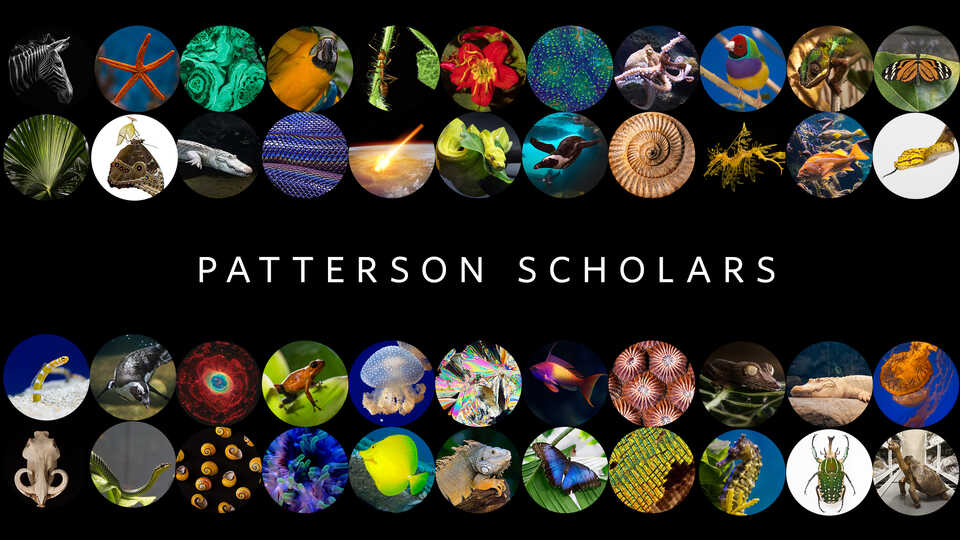
Patterson Scholars are committed to exploring the natural world, the challenge of sustainability, and science education through public engagement.
Named in honor of the late William J. Patterson, Chair of the Academy’s Board of Trustees from 2007 to 2010, the Academy’s Patterson Scholars inspire the next generation of scientists through visionary leadership and bold scientific investigations.
These endowed chairs are made possible by friends, family, and colleagues in his memory.
See below to learn more about the Patterson Scholars and their research.
Current Patterson Scholars
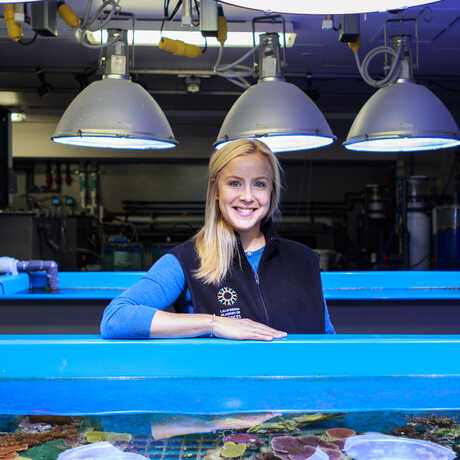
Rebecca Albright
Curator of Invertebrate Zoology and Hope for Reefs co-lead
A coral reef biologist, Dr. Albright's research focuses on the capacity of coral reefs to cope with changing environmental conditions, particularly ocean acidification and warming. She has created one of the world’s only coral conservation breeding labs that celebrated its third-annual spawning event in April 2020.
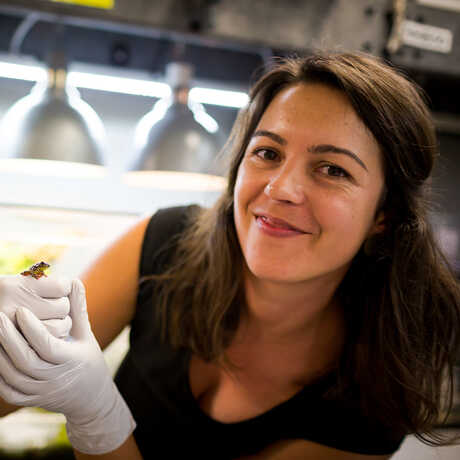
Rayna Bell
Curator of Herpetology and Islands 2030 co-lead
Dr. Bell joined the Academy in September 2019. Her research focuses on documenting and describing amphibians in sub-Saharan Africa, particularly in the Guinean Forest Biodiversity Hotspot, and exploring the historical processes that generated this exceptional diversity. Bell strongly advocates for basic research on frog biology, evolution, and distributions (not to mention discovering new species) and believes that this work is central to the global fight against amphibian extinction.
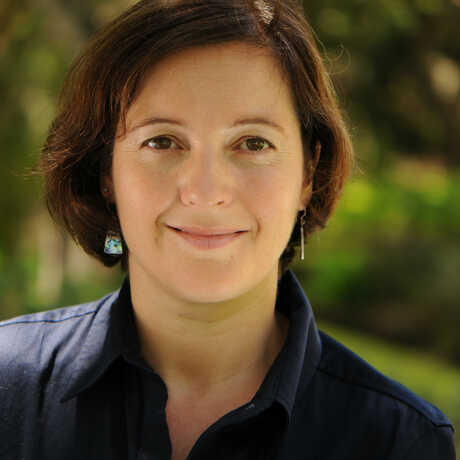
Shannon Bennett
Chief of Science and Harry and Diana Hind Dean of Research and Collections
Bennett was the Academy's first-ever associate curator of microbiology, helping broaden the Academy’s research scope to include a dedicated focus on viruses and bacteria. Her specialty lies in infectious microbes that can be transmitted from animals to humans, and she is currently exploring how biodiverse systems protect humans from emerging infectious diseases.
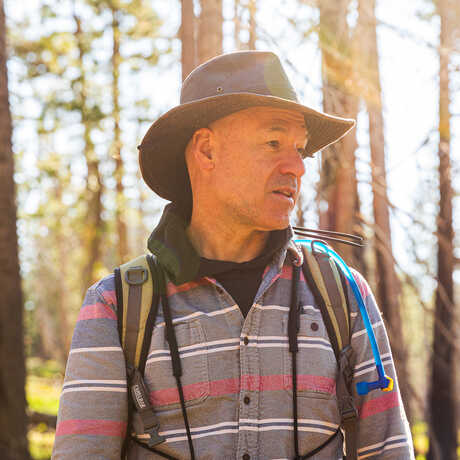
Jack Dumbacher
Curator of Birds and Mammals
Dr. Dumbacher's discoveries include the first documentation of poisonous birds, from Papua New Guinea, including how they evolved and what these poisons do. He actively builds and leverages our collections, including making important contributions to understanding the impacts of barred owls on spotted owls. His multi-year study of how biodiversity contributes to Sierra forest resilience to fire with Drs. Durrell Kapan and Peter Roopnarine is notable for its close partnership with the USFS to translate science discoveries into land management practices that promote regeneration. Most recently, Jack has led a team of Galapaguenian and CAS scientists in rewilding Galapagos islands which have had invasives removed by leveraging collections and historic records to recreate past communities. This work has been funded by the Global Environment Fund (GEF) and Latin American Development Bank (CAF) for four years.
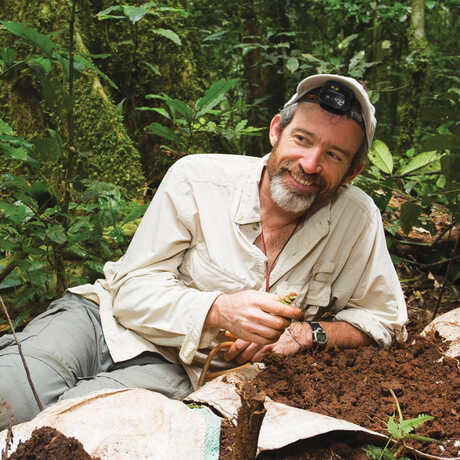
Brian Fisher
Curator of Entomology
Dr. Fisher has spent three decades documenting the island of Madagascar's beautiful biodiversity. Along the way, he's discovered over one thousand new ant species, including the jumping and Dracula ants. As the climate crisis unfolds and biodiversity vanishes in what is now considered the sixth mass extinction, Fisher is tracking big-scale changes—all with the help of insects. By closely monitoring invertebrate populations, which respond rapidly to changes in their environment, Fisher is developing a system to flag early signs of ecosystem change. In 2017, he and his collaborators launched Insects and People, a Malagasy organization that produces protein-packed cricket powder to fight food insecurity and alleviate pressure on endangered species habitat. This effort is now evolving into a larger initiative called Breakfast before Conservation.
Former Patterson Scholars
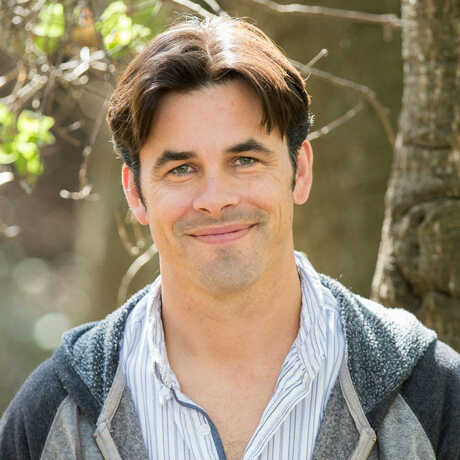
Scott Loarie
Co-director of iNaturalist
iNaturalist, an independent citizen science social network that was once a joint initiative of the California Academy of Sciences and the National Geographic Society, has revolutionized the way people collect data on biodiversity in real-time. Loarie’s research focused on the impact of land use and climate change on biodiversity across ecosystems worldwide, and on the application of technology to confront these conservation challenges.
Your gift helps support Academy research and programs, including school field trips for 130,000+ students annually.